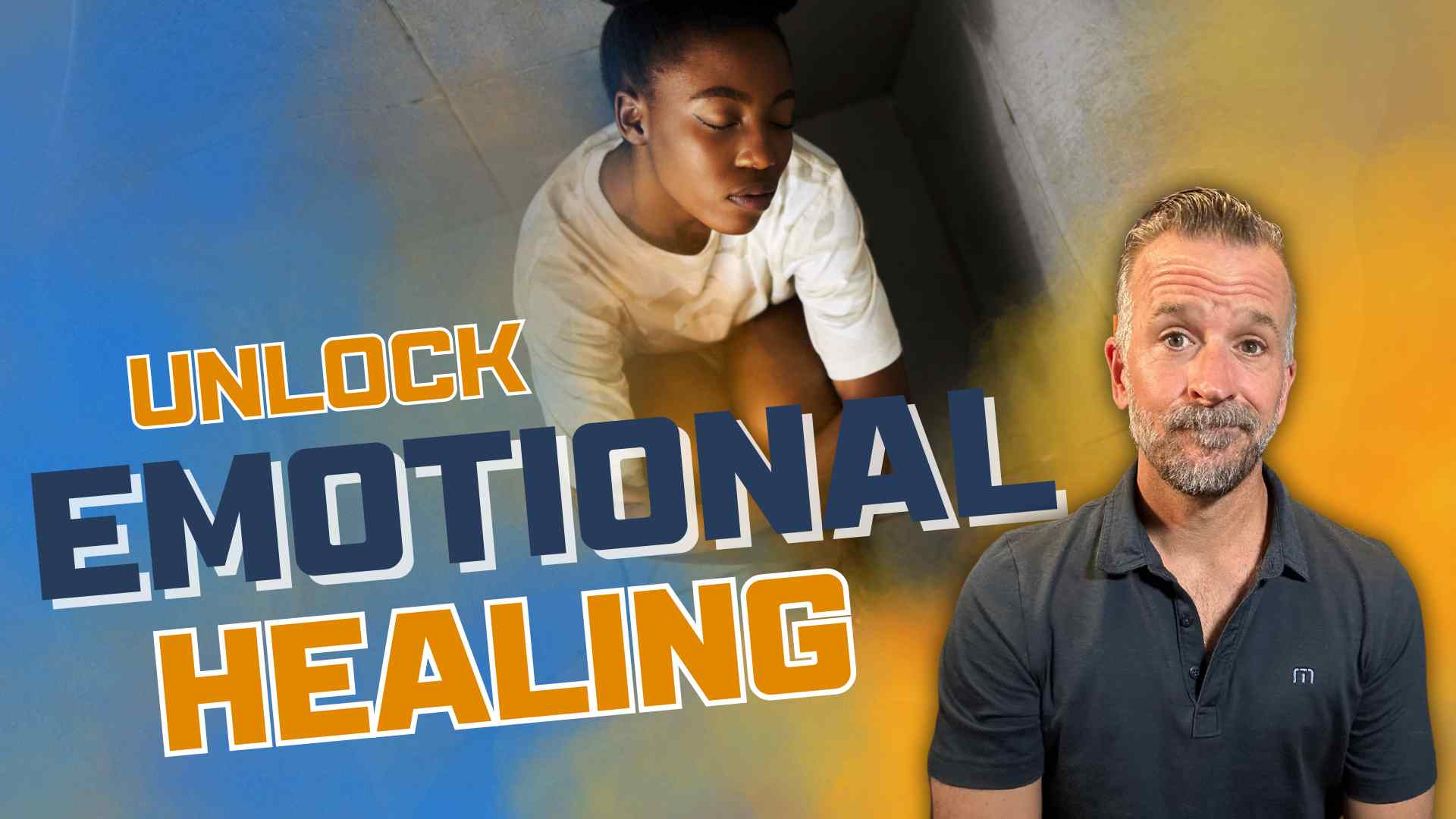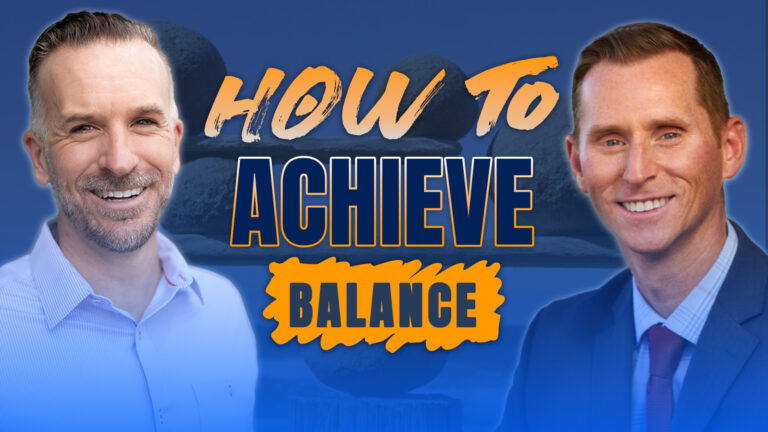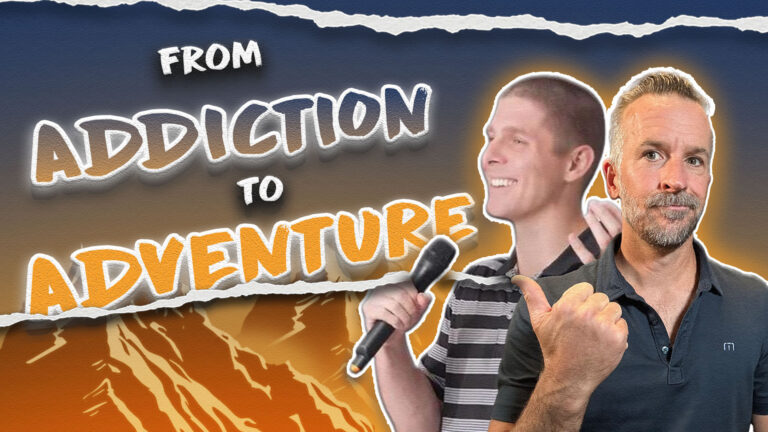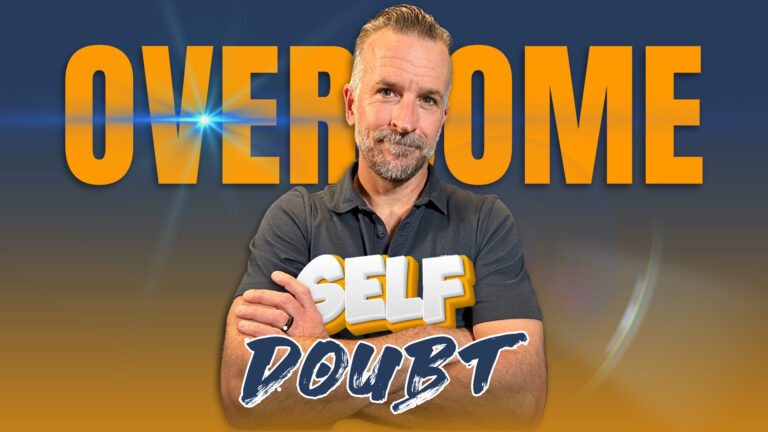The Courage to Heal: Unlocking Emotional Healing
If you find yourself in the midst of suffering, just know that healing is possible if you have the right mindset and support. In this episode, Adam shares his insights on the conditions needed for emotional healing. Drawing from his own journey of overcoming alcoholism, Adam discusses how transforming your relationship with fear requires an act of courage – facing it head on rather than fighting or running away. Learn about the power of willingness, honesty, vulnerability, and community in the healing process, and gain valuable perspective for your own growth.
Here are some power takeaways from today’s conversation:
- Three relationships with fear: fighting it, facing it, embracing it
- Three conditions for emotional healing
- Willingness: The first act of courage
- Three root causes of fear
- Honesty and vulnerability
- Trusted community
Episode Highlights:
[01:34] Three Relationships with Fear
- Fighting it – This is when we are actively resisting and running away from our fears. Adam describes how he did this for many years with his alcoholism by drinking to suppress his fears.
- Facing it – This is an act of courage where we turn around and acknowledge our fears rather than avoiding them. Adam says this is necessary for emotional healing. It involves willingness, honesty and finding support.
- Embracing it – Adam talks most about this stage, where we don’t just acknowledge our fears but learn to see them as opportunities and not be controlled by them.
He emphasizes that facing fear, rather than fighting it, is the pivotal first step towards healing. By turning to face our fears, naming them, and seeking help, we take away their power over us. This allows us to then move towards embracing fears and using them to grow, rather than be paralyzed. Adam’s own journey shows how facing alcoholism led to long-term recovery and personal transformation.
[09:09] Three Conditions for Emotional Healing
- Willingness – Being fully willing and committed to the healing process for yourself above all else. This involves facing your fears rather than fighting or avoiding them.
- Honesty and vulnerability – Getting honest with yourself and others about your situation, fears, and what is plaguing you. This allows you to seek truth and get the right support.
- Finding a trusted community – Surrounding yourself with a community that can provide mentorship from those further in recovery, as well as fellowship from others going through similar experiences. Support groups like AA helped Adam.
[11:53] Willingness: The First Act of Courage
-
- Willingness, a crucial element in personal transformation, signifies an unwavering commitment to change and recovery, prioritizing it over all else. This willingness allows one to step out of their comfort zone, confronting discomfort and vulnerability rather than clinging to old habits or addictions. Essentially, it’s the gateway to the healing process; without it, other aspects cannot align.
- [17:17] Honesty and Vulnerability
-
- Writing down and sharing fears not only provides clarity but also diminishes their power over you. This level of vulnerability, albeit challenging, is essential for uncovering deeper truths about your relationship with fear and addiction, and for connecting with a higher power. It helps identify core fears, reducing their control over us.
- [20:02] The Power of a Trusted Community
Community offers fellowship with others going through similar experiences for support. This prevents isolation which can undermine healing. Being part of a group amplifies individual healing and personal transformation. There is power in gathering with others seeking wellness.
Resources Mentioned:
Follow Adam…
Sign up for my newsletter and get my free Foundations of Flow Training:
Follow me and turn fear into flow!
IG: @theadamchill
YouTube: @adamchill
TikTok: @theadamchill







